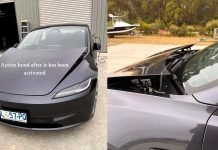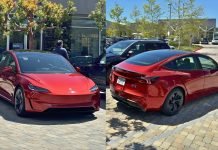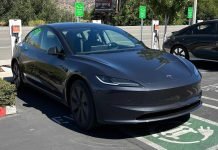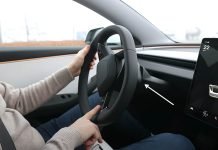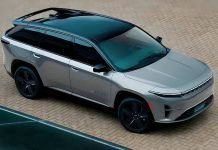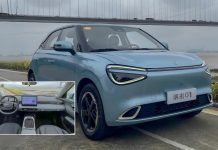In recent years, the automotive industry has witnessed a noticeable decline in brand loyalty among consumers. A study by S&P Global Mobility reveals that only about half (50.6%) of American car buyers have remained loyal to the same brand when purchasing a new vehicle this year. This marks a decrease from 54.7% just four years ago, indicating a significant shift in consumer behavior. Amidst this backdrop of waning brand allegiance, one automaker stands out as a notable exception: Tesla.
Tesla has not only managed to maintain but also to significantly exceed the industry average when it comes to brand loyalty. With a rate of 68.4%, Tesla’s ability to retain customers is a subject worth exploring, especially in the context of an industry that is grappling with challenges like component shortages and the transition to electric vehicles.
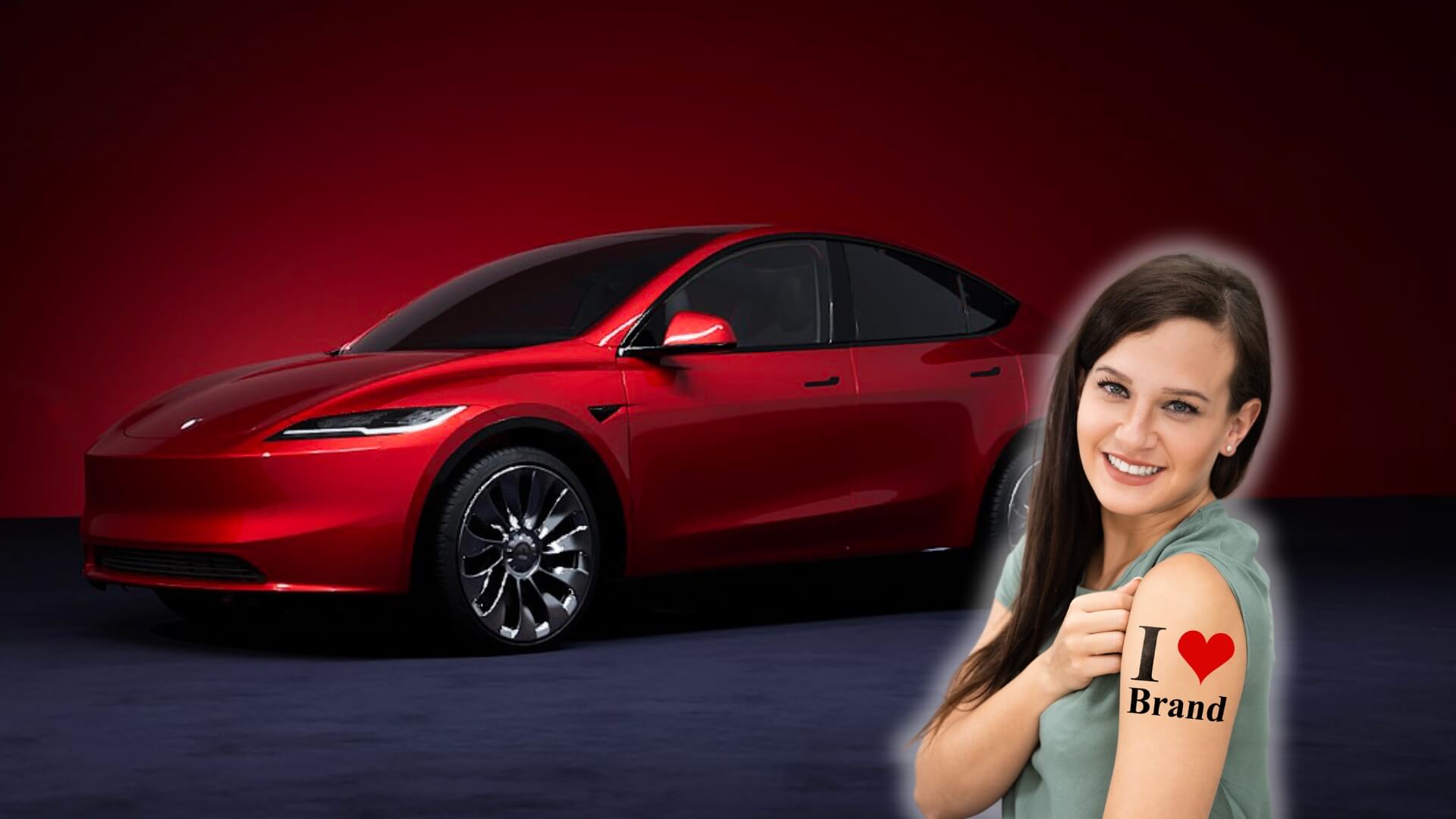
Automotive Brand Loyalty
The decline in brand loyalty in the automotive industry can be attributed to a combination of component shortages and limited electric vehicle offerings from established brands. This has created opportunities for newer brands to make their mark, as consumers are increasingly willing to explore alternatives that meet their immediate needs.
Reasons for Decline
One of the most pressing issues affecting brand loyalty in the automotive industry is the ongoing component shortage. This shortage has led to production delays and limited availability of new vehicles, making it difficult for consumers to purchase the specific models they desire from their preferred brands. As a result, many are opting to explore alternatives, thereby diluting brand loyalty.
The transition to electric vehicles is another significant factor contributing to the decline in brand loyalty. Many traditional automakers have been slow to adapt to the growing demand for electric vehicles, offering limited or no EV options in their lineups. This has led consumers to look elsewhere to meet their needs for more sustainable transportation options, further eroding loyalty to established brands.
Impact on Traditional Brands
The current landscape has created a sense of urgency among consumers, especially those looking to switch to electric vehicles. Many are not willing to wait for their favorite brands to catch up with the EV trend. This impatience has opened the door for newer, more agile brands to step in and fill the void, offering electric options that meet consumer demands right now.
The decline in brand loyalty is not necessarily bad news for everyone in the automotive industry. For newer and more innovative brands, this presents an excellent opportunity to gain market share. Consumers are more willing than ever to try out different brands, especially those that can offer electric options with the features they desire. This has led to a redistribution of market share, with newer brands taking a slice of the pie that was once dominated by traditional automakers.
Tesla’s Brand Loyalty 2023
In stark contrast to the declining loyalty rates seen across the automotive industry, Tesla has managed to carve out an impressive niche for itself. With a brand loyalty rate of 68.4%, Tesla significantly outperforms the industry average of 50.6%. This high rate of customer retention is a testament to Tesla’s ability to meet and exceed consumer expectations, even in a challenging market landscape.
Digging deeper into the numbers, the loyalty rates for specific Tesla models are even more eye-catching. Owners of the Tesla Model 3, for instance, display a staggering loyalty rate of 74%. What’s more, a considerable number of these Model 3 owners are choosing to upgrade to the larger Tesla Model Y, further solidifying Tesla’s hold on its customer base.
Factors Contributing to Loyalty
One of the key factors contributing to Tesla’s high loyalty rates is the strong connection the brand has been able to establish with its customers. Tesla’s direct-to-consumer sales model, cutting-edge technology, and focus on sustainability resonate well with its target audience. This strong bond not only encourages first-time buyers to choose Tesla but also ensures that they stick with the brand for their future automotive needs.
Tesla has been strategic in its pricing and promotional activities, offering calculated price reductions and quick incentive offers to attract and retain customers. These initiatives have been particularly effective in maintaining interest and sustaining the brand’s positive momentum, even as competition in the electric vehicle market intensifies
Tesla’s Market Share in the EV Sector
While Tesla’s brand loyalty is undeniably strong, it’s essential to consider the challenges that lie ahead for the electric vehicle giant. One such challenge is the gradual decline in Tesla’s market share within the electric vehicle sector. According to data from S&P Global Mobility, Tesla’s market share in the U.S. has slipped from 70% in 2022 to 65% currently. This decline suggests that while Tesla may be retaining its existing customers, it is facing challenges in attracting new ones at the same rate as before.
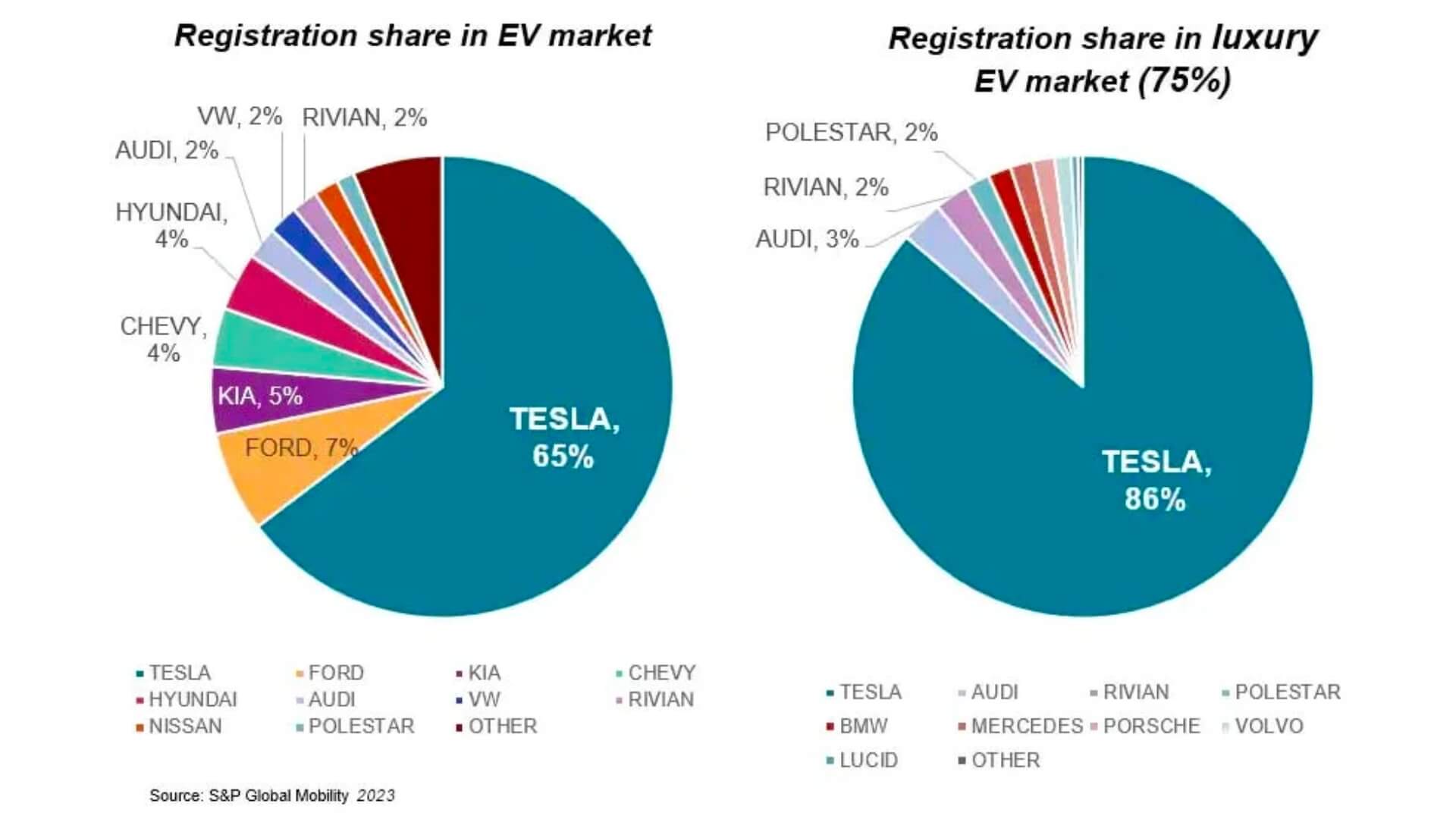
The electric vehicle market is no longer a niche segment and is rapidly becoming mainstream. This has led to an influx of new players, both from traditional automakers releasing electric versions of their popular models and from startups entering the market with innovative offerings. The increasing number of options for consumers means that Tesla is no longer the default choice for those looking to go electric.
The growing competition poses a threat to Tesla’s market dominance. As more brands offer compelling electric vehicles with features and price points that rival Tesla’s, the company may find it increasingly challenging to maintain its high market share. However, it’s worth noting that the overall electric vehicle market is expanding, and Tesla’s total delivery volumes are still on the rise, albeit at a slower pace compared to the market growth.
Conclusion
In an automotive industry marked by declining brand loyalty, Tesla emerges as a compelling exception. With a brand loyalty rate of 68.4%, far exceeding the industry average of 50.6%, Tesla has demonstrated its ability to not only attract but also retain a dedicated customer base. This is particularly noteworthy for specific models like the Tesla Model 3, which boasts an even higher loyalty rate of 74%.
These impressive figures stand in contrast to the broader industry trends, where component shortages and limited electric vehicle offerings from traditional automakers have led to a decline in brand loyalty.
Tesla’s strong brand loyalty is both an asset and a responsibility. It’s an asset because it offers a level of stability and predictability in a volatile market. It’s a responsibility because maintaining this loyalty will require continued innovation, competitive pricing, and a focus on meeting evolving customer needs.

